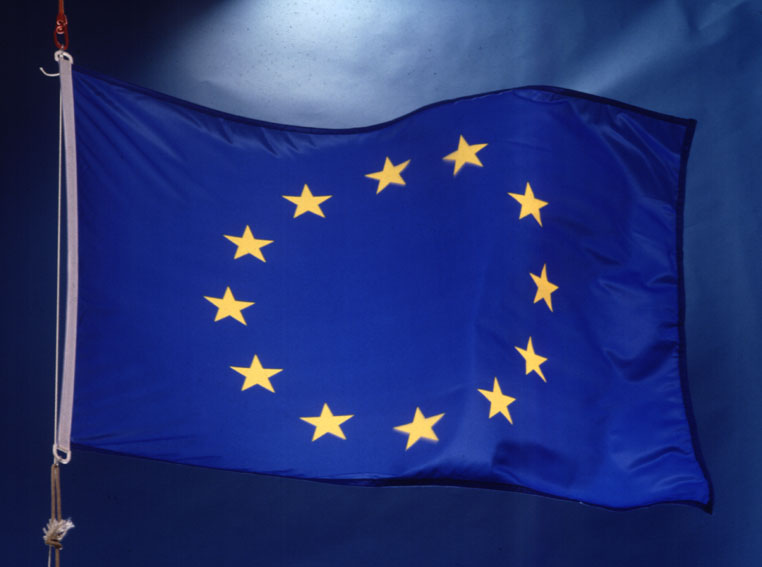 Following Brexit, broadcasting and video on-demand services with a UK license are affected from January 1, 2021, when they are also offering their services outside the UK.
Following Brexit, broadcasting and video on-demand services with a UK license are affected from January 1, 2021, when they are also offering their services outside the UK.
France successfully kept the audio visual sector out of the last-minute deal in a major blow to the UK, which is home to around 1,400 broadcasters, about 30% of all channels in the EU.
Britain’s TV and video-on-demand services will no longer be able to offer pan European services to European viewers unless they relocate part of their business to an EU member state. Most international broadcasters such as Discovery, A+E Networks and even the international channels from the BBC have already new licences in place in various EU countries.
On January 1, the Audiovisual Media Services Directive (AVMSD) and the country of origin principle will no longer apply to services under UK jurisdiction broadcast into the EU.
However, the European Convention on Transfrontier Television (ECTT) framework will still apply.
This means that the twenty EU countries that have signed up to ECTT must allow freedom of reception to services under UK jurisdiction. How this right is given effect in each country may depend on national law and how the ECTT has been implemented locally.
The UK must also permit freedom of reception for services that originate from all countries that are party to the ECTT.
However seven European countries have not signed up to ECTT: Belgium, Denmark, Greece, Ireland, Luxembourg, The Netherlands and Sweden.
As a result of this, Sky Ireland has pulled a number of TV channels and radio stations from its EPG in the Republic.